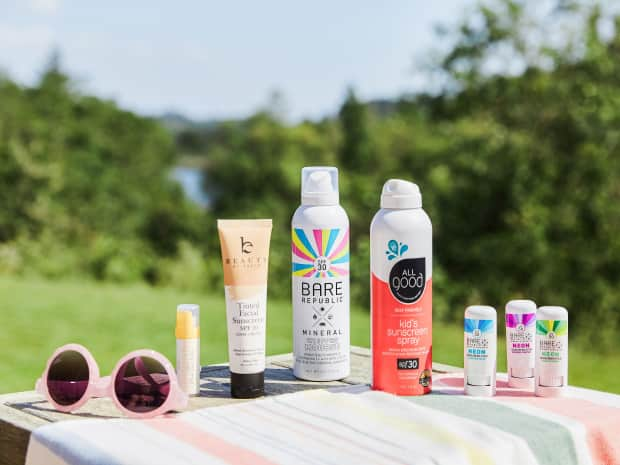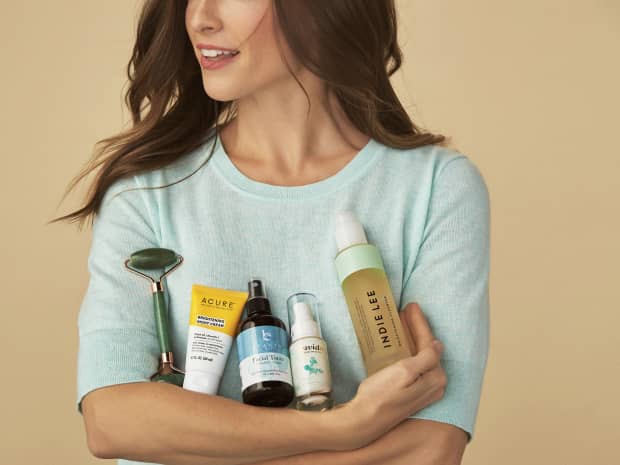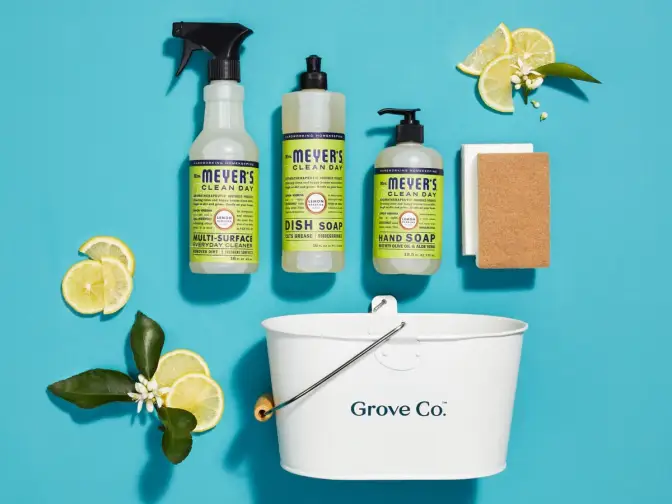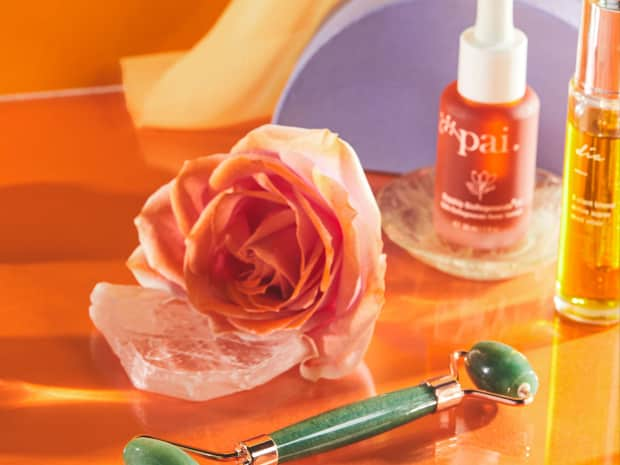Dr. Chacon says she often has patients come in with tons of skincare products they use for various concerns, yet all they’ve got to show for it is irritated skin.
“When you’re starting to get dry skin patches, acne breakouts, flaking, dry skin patches on the face, or other irritation, there’s a good chance you’re using too many products,” she says.
Too much skin care can be bad news for any skin type. Over-exfoliating—pairing acid exfoliators or using them too often—can cause red, dry patches on the face, leading people to counteract the dryness with thick creams that cause congestion or acne breakouts.
Likewise, wearing a hydrating toner, a serum, and a moisturizer can lead to oily, clogged skin from too many hydrating products.
“Moderation and not excess is key for adequate skincare,” says Dr. Chacon.










